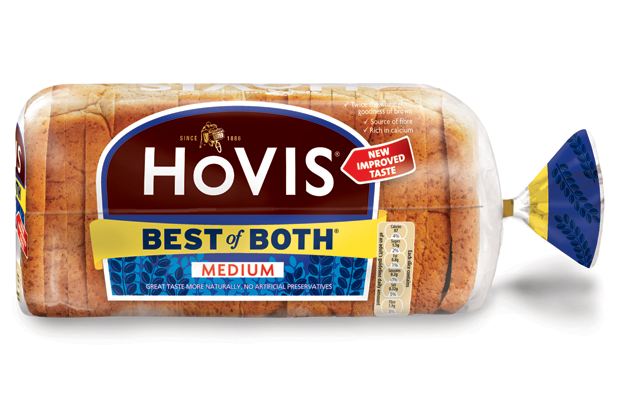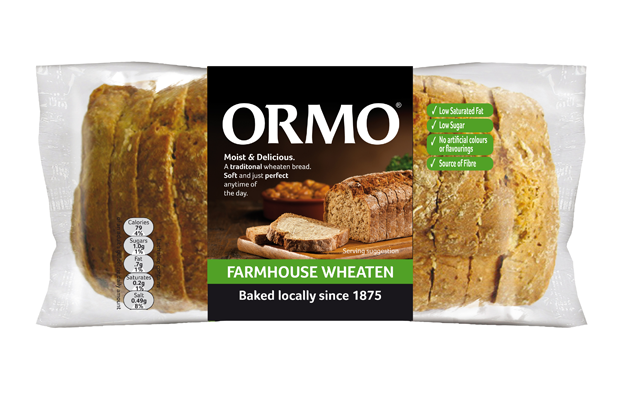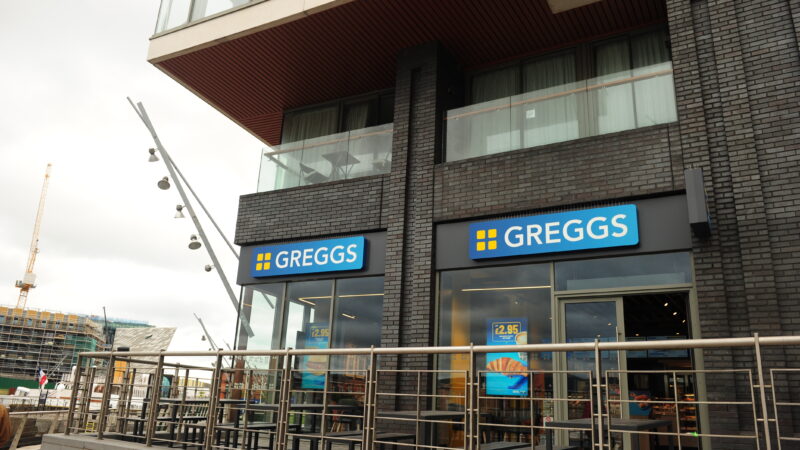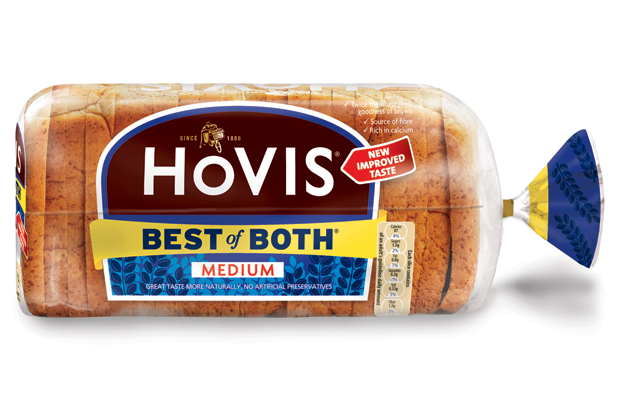Trevor McCrum, Premier Bakeries

Whilst 2013 has been a challenging year for the bakery industry, Trevor McCrum, business unit director at Premier Bakeries (Ireland) is pleased to report that the company ended 2013 on a high as it is now the No.1 branded bread supplier in the marketplace, thanks to Hovis achieving brand leadership in Northern Ireland.
Produced at Premier’s state of the art facilities in Apollo Road in Belfast, consumers can identify with Hovis and Ormo’s local heritage which has helped to drive sales for both brands.
Trevor believes that the big challenge for the bakery industry in 2014 is satisfying consumers who have become more demanding in terms of value and want products that are relevant to their lifestyle.
“Bakery will always be driven by freshness, quality and availability– those attributes are a constant. However, in more recent years, the consumer is almost programmed to look for value, and we can’t ignore that. There has been some reduction in commodity pricing, which has limited price inflation, but we are still challenged to provide the value without compromising on our quality.
“What we have seen happening in the convenience sector over the past 12 months is that footfall may have increased but consumer spend is fairly static – probably a reflection that household incomes are not growing. Inflation is increasing and consumers are having to shop on price and value.”
For manufacturers of bread and morning goods, it’s important to drive a strong a value offering in the marketplace to continue to attract the consumers buying specific brands. Trevor explains that the bakery industry has to strike a balance as, whilst the consumers are looking for value for money, they are still demanding product innovation in the sector, without necessarily wanting to pay a premium price.
“Consumers are moving towards other types of product – bagels wraps, pittas, new products that suit people’s ever widening repertoire of tastes. There is some reduction in more traditional morning goods such as soda and potato bread. Consumption in those areas is under a bit of pressure. Analysing and understanding why and when consumers eat those products is key to helping us innovate. ”
Trevor explains that eating soda and potato bread is perceived as a treat or a weekend only occasion. Whilst these traditional lines are still very relevant products, consumers just need ideas about different ways to use them and not just with a cooked breakfast!
“That’s the challenge in 2014 for the whole bakery industry,” said Trevor.
“We need to understand those different occasions and tap into them to ensure that our brands are relevant to those consumers. Certainly in 2014 you will see us responding to some of those challenges in terms of innovation.”
Over the border, the Hovis brand had a positive 2013 and continues to stretch its reach across the island of Ireland. The brand is now available from Portrush to Cork and there’s a strong degree of confidence in the brand in RoI this year.
Ormo has been equally successful and is still going strong with more than 135 years of production in Belfast.
The brand now offers products with reduced salt, lower saturated fats and is positioned as a clean product in terms being additive free.
Trevor commented: “Ormo potato and soda bread continue to be No.1 in their segments and pancakes and wheaten are performing well. It continues to benefit from investment over the past number of years and the outlook for the Ormo brand is very positive for 2014.”
Looking ahead to the rest of the year, there will be new products on the horizon from the team at Premier Bakeries, and further investment in the brands to help maintain their positioning in the market.
“We have some exciting plans for 2014 with some new product innovation in the second half of the year,” said Trevor.
“Getting the product fresh to store is paramount. That won’t change, nor will buyer behaviour for the foreseeable future. Whilst we are seeing green shoots in the wider economy it will take a while longer to filter down to consumer pockets.”







